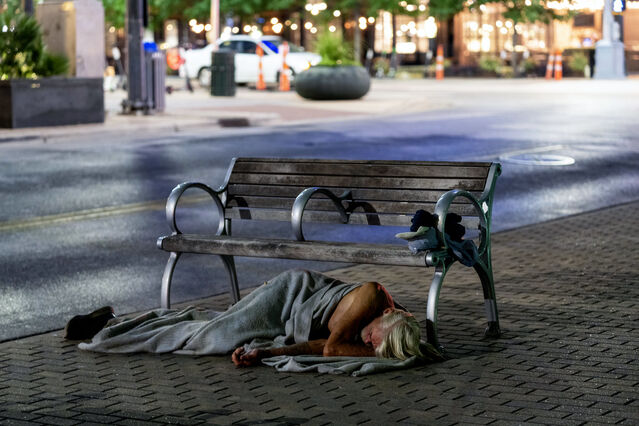
Understanding the Racial Inequity of Homelessness
The compounded history of redlining, disinvestment, and other forms of discrimination have created the current system of institutional racism which disproportionately impacts communities of color in the United States. As a result, racism is widely practiced within the larger institutions and structures of social life, and it plays a significant role in creating and maintaining the disparate outcomes that characterize the landscape of racial inequality.
According to a SPARC report, 78.3% of all people experiencing homelessness in the study were people of color.
Home ownership among Black or African Americans is the lowest in the United States at 44%, according to Racial Equity Partners.
Native Americans had the highest percentage of those living in poverty at 24.2 percent in 2019, according to KFF.
17% of children from all backgrounds live in poverty, compared to 32% for Black or African Americans and 31% for Native Americans, according to the Annie E. Casey Foundation.
Racial equity and homelessness are inextricably linked. If we do not have affordable housing, safe and decent places to live, jobs that pay a living wage, access to quality health care, transportation and education then we will continue to see people of color disproportionately affected by homelessness.
The majority of people experiencing homelessness are white. However, the percentage of African Americans who are homeless is twice as high as their share of the general population. If we do not address racism and the root causes of homelessness, then we will continue to see people of color disproportionately affected by homelessness.







